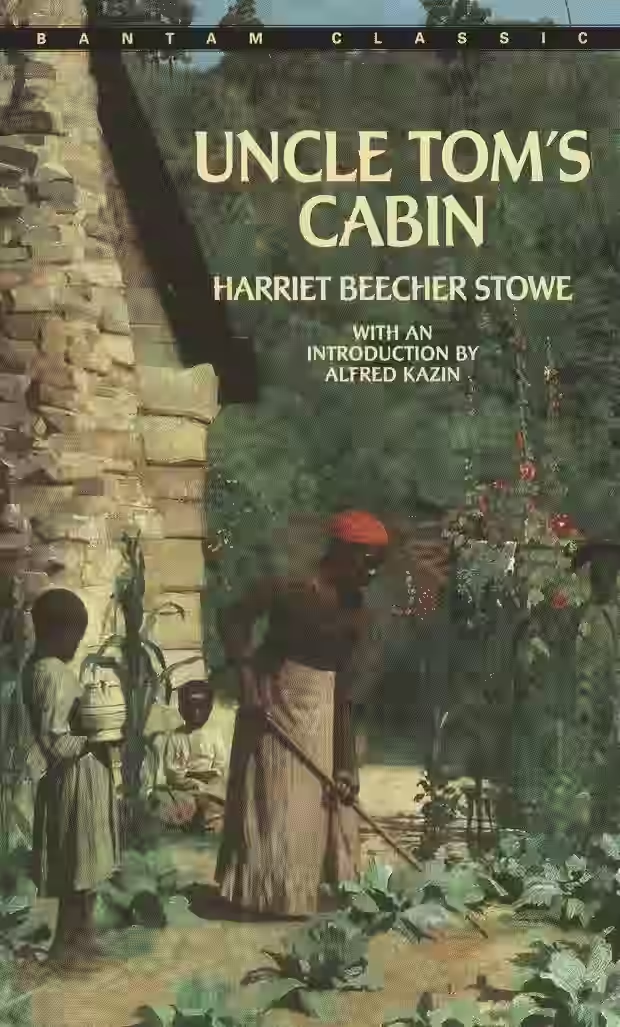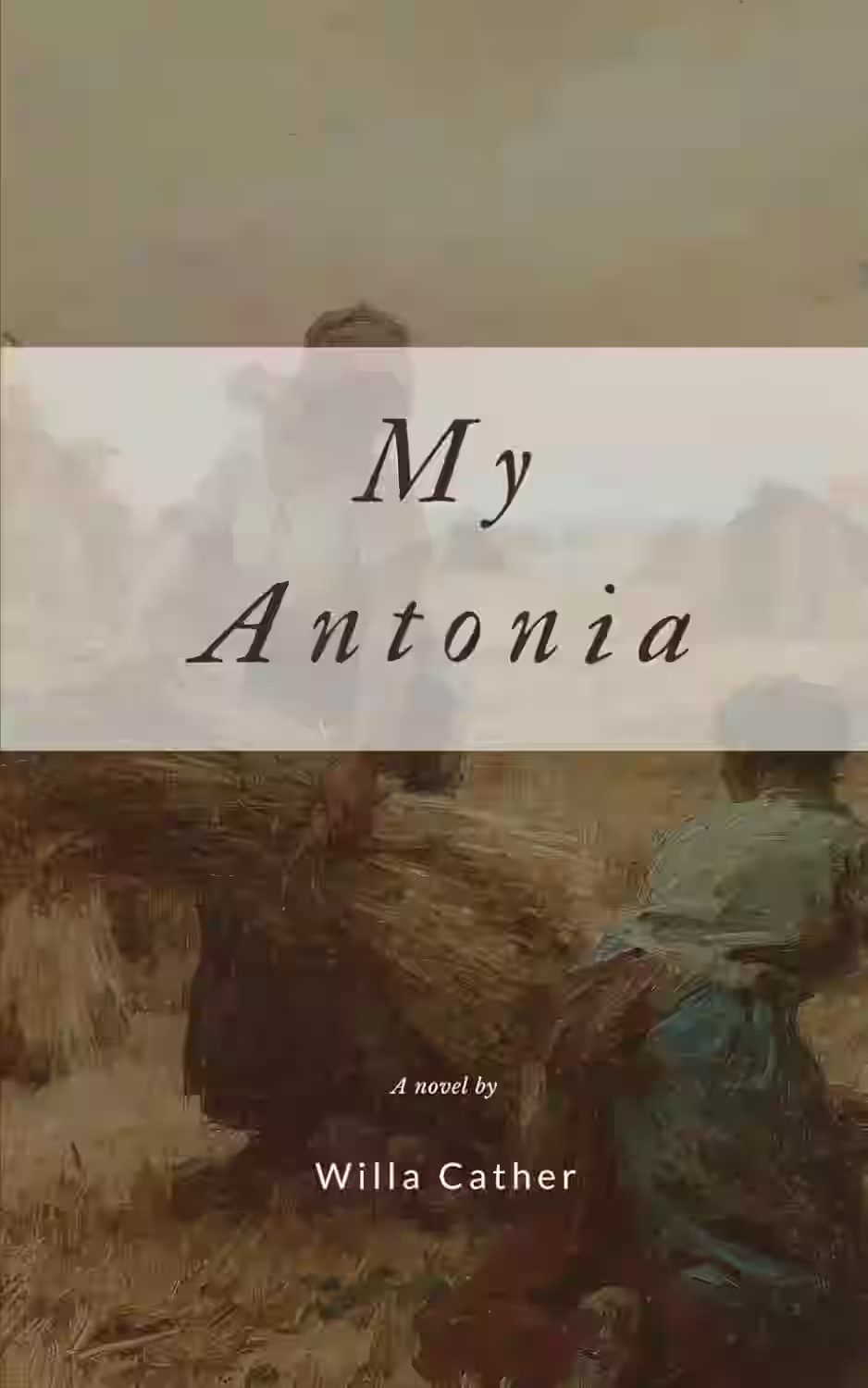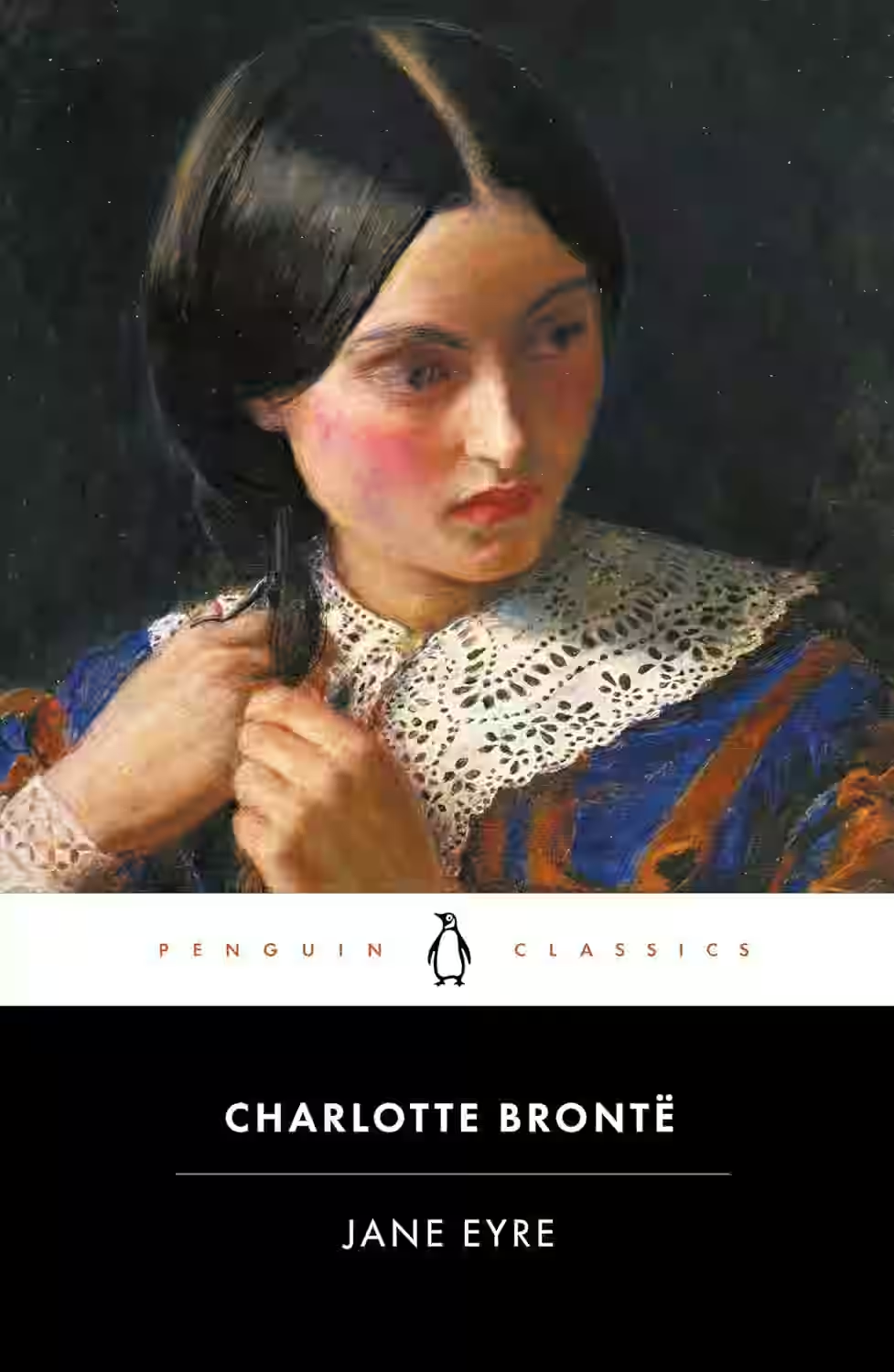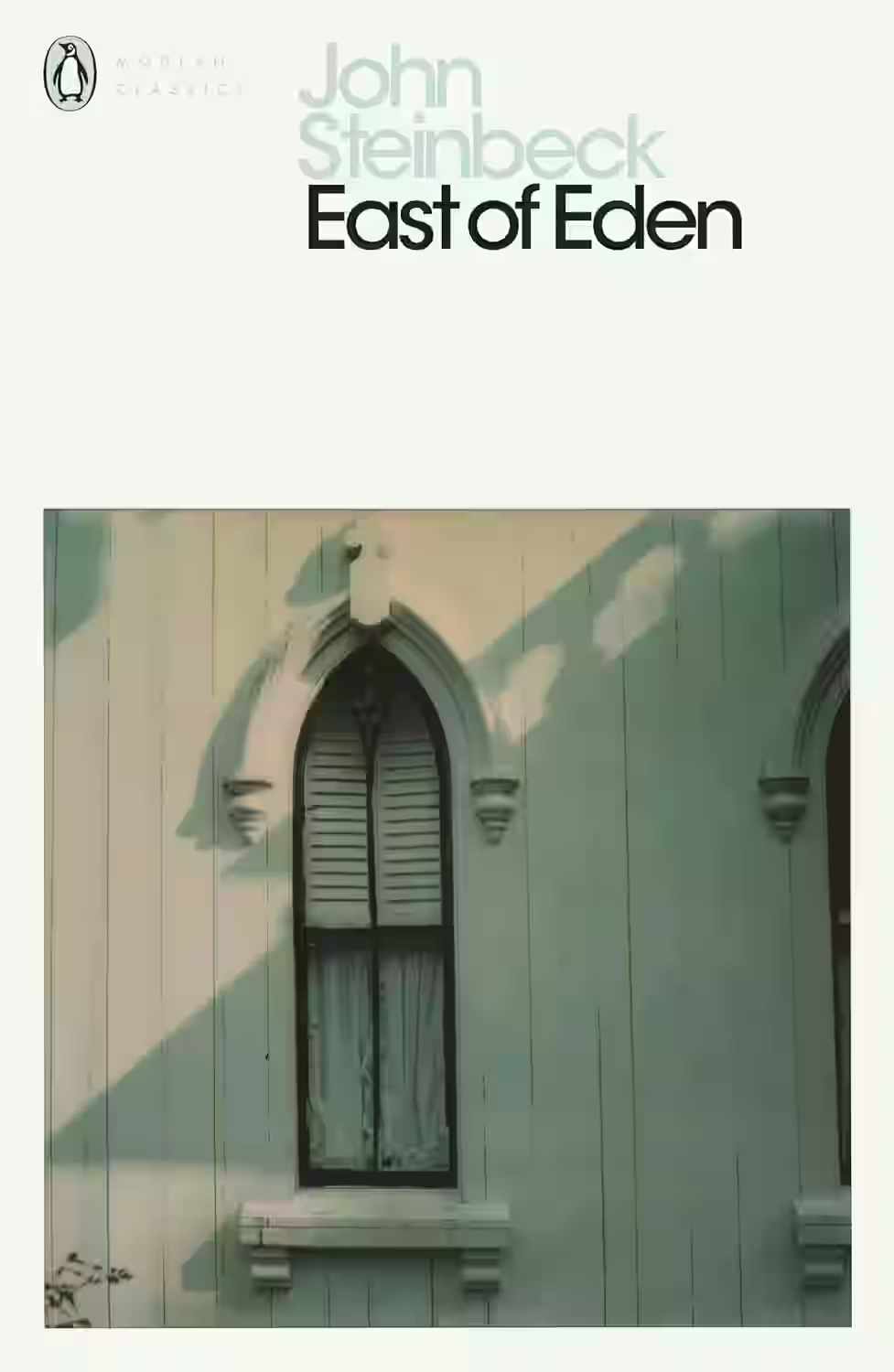
Voltaire’s satirical novella follows the optimistic Candide as he travels the world facing war, disaster, and betrayal. Guided by the philosophy that “all is for the best,” Candide endures misfortunes that challenge this belief. A biting critique of blind optimism, religious hypocrisy, and societal corruption, Candide blends absurdity and wit with Enlightenment-era commentary. It remains a seminal work in Western literature for its sharp humor and philosophical depth.
About Voltaire
(François-Marie Arouet) A French Enlightenment writer, historian, and philosopher, renowned for his wit, philosophical critiques, and advocacy for civil liberties. His satirical novella, Candide, is a classic work that critiques philosophical optimism and religious intolerance. Voltaire's sharp intellect and fearless challenge to established norms made him a leading figure of the Enlightenment, whose ideas profoundly influenced political thought and social reform.
Similar Books

Uncle Tom’s Cabin
A landmark anti-slavery novel, Uncle Tom’s Cabin tells the story of enslaved man Tom and the brutal realities of slavery in 19th-century America. With vivid characters and emotional power, it galvanized abolitionist movements and shaped public opinion like no other book of its time. Though controversial for its portrayals today, it remains a pivotal work in American literature and history, sparking empathy and national debate.

My Antonia
by Willa Cather
Told through the eyes of Jim Burden, My Ántonia recounts the life of Ántonia Shimerda, a spirited immigrant girl on the Nebraska frontier. Through vivid landscapes and deep characterizations, Cather celebrates pioneer life, hard work, and memory. The novel is a nostalgic tribute to the resilience of early settlers and the bond between people and place, filled with poetic prose and quiet power.

Jane Eyre
Charlotte Brontë’s Jane Eyre follows an orphaned girl who overcomes hardship and repression to find independence and love. As a governess at Thornfield Hall, Jane falls for the brooding Mr. Rochester, only to discover he harbors a dark secret. The novel explores themes of morality, autonomy, gender roles, and spiritual integrity. Noted for its strong, principled heroine and gothic atmosphere, Jane Eyre blends romance with social critique, cementing its place as a foundational feminist and literary classic.

East of Eden
Set in the rich farmland of the Salinas Valley, California, this powerful, often brutal novel, follows the interwined destinies of two families - the Trasks and the Hamiltons - whose generations hopelessly re-enact the fall of Adam and Eve and the poisonous rivalry of Cain and Abel. Here Steinbeck created some of his most memorable characters and explored his most enduring themes- the mystery of indentity; the inexplicability of love, and the murderous consequences of love's absence.